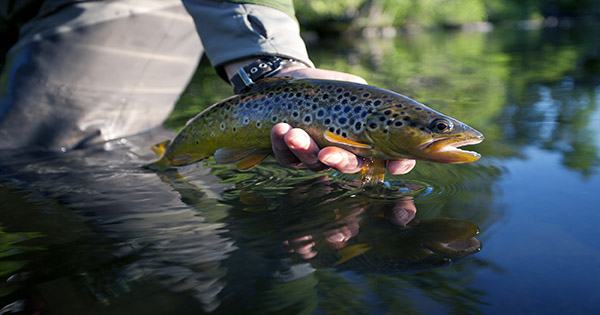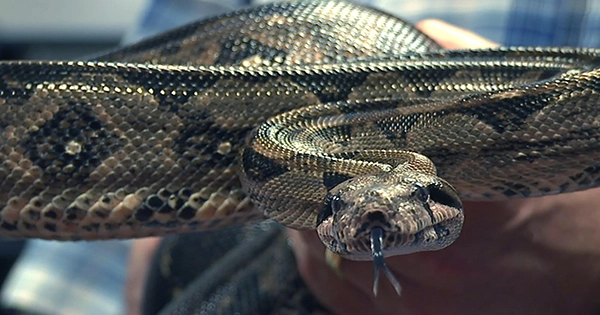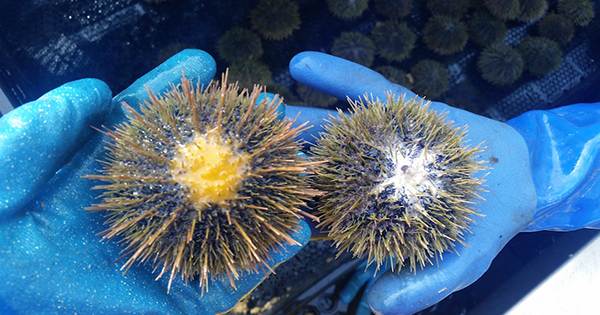Human drug use is a threat to wildlife, puff, and pass situation. We dose, process and then we urinate in the environment (hopefully not directly). Our wastewater regularly pollutes the freshwater ecosystem and so the drugs we take for our biochemistry continue to change the animals in that environment.
A recent study found that antidepressants can stimulate crayfish and affect their alertness in a way that puts their propensity at greater risk. While we do not need to feel guilty about taking drugs to keep us healthy, it is important to keep an eye on the effects of those drugs for the wider environment and try to mitigate the effects wherever we can. The knock-on effect is not limited to legal medicine; either (remember the problem of cocaine in poor Thames Iles?). New research published in the Journal of Experimental Biology examines what the narcotic methamphetamine Brown Trout (Salmo Truta) will do and decides to jump into the world of recreational drug contaminants.
To find out, they isolated some trout in a tank that matched the concentration of methamphetamine that was detected in the freshwater river and kept the fish together for 8 weeks. The trout were then taken out of their drug tank and placed in an uncontrolled freshwater tank to see how (or if) the withdrawal from the drug affected them.
To try and identify whether the fish was accidental to meth, the researchers gave them a choice in the water of an uncontrolled and contaminated body each day, an experiment that lasted 10 days. Their guess was that if the fish were to be withdrawn, they would seek relief back into the drugged waters whenever possible. Certainly, fish preferences revealed that those who got the sweet “hook” were addicted and actively selected the addictive water within the first 4 days after going to the uncontrolled tank.
These fish were less active than their tank mates who did not experience meth, and evidence of the drug was found in their brains up to 10 days after complete withdrawal of methamphetamine.
















